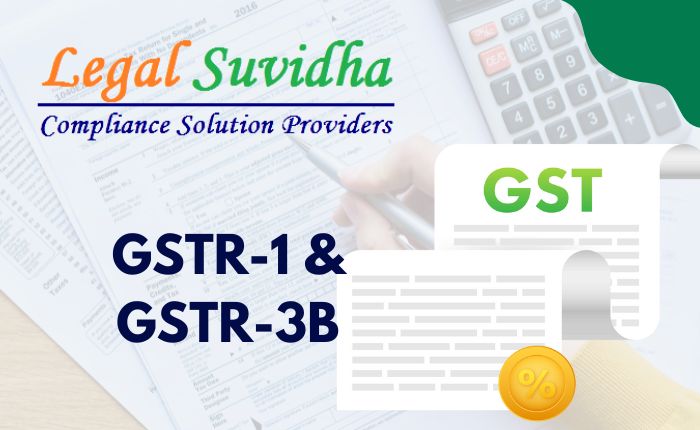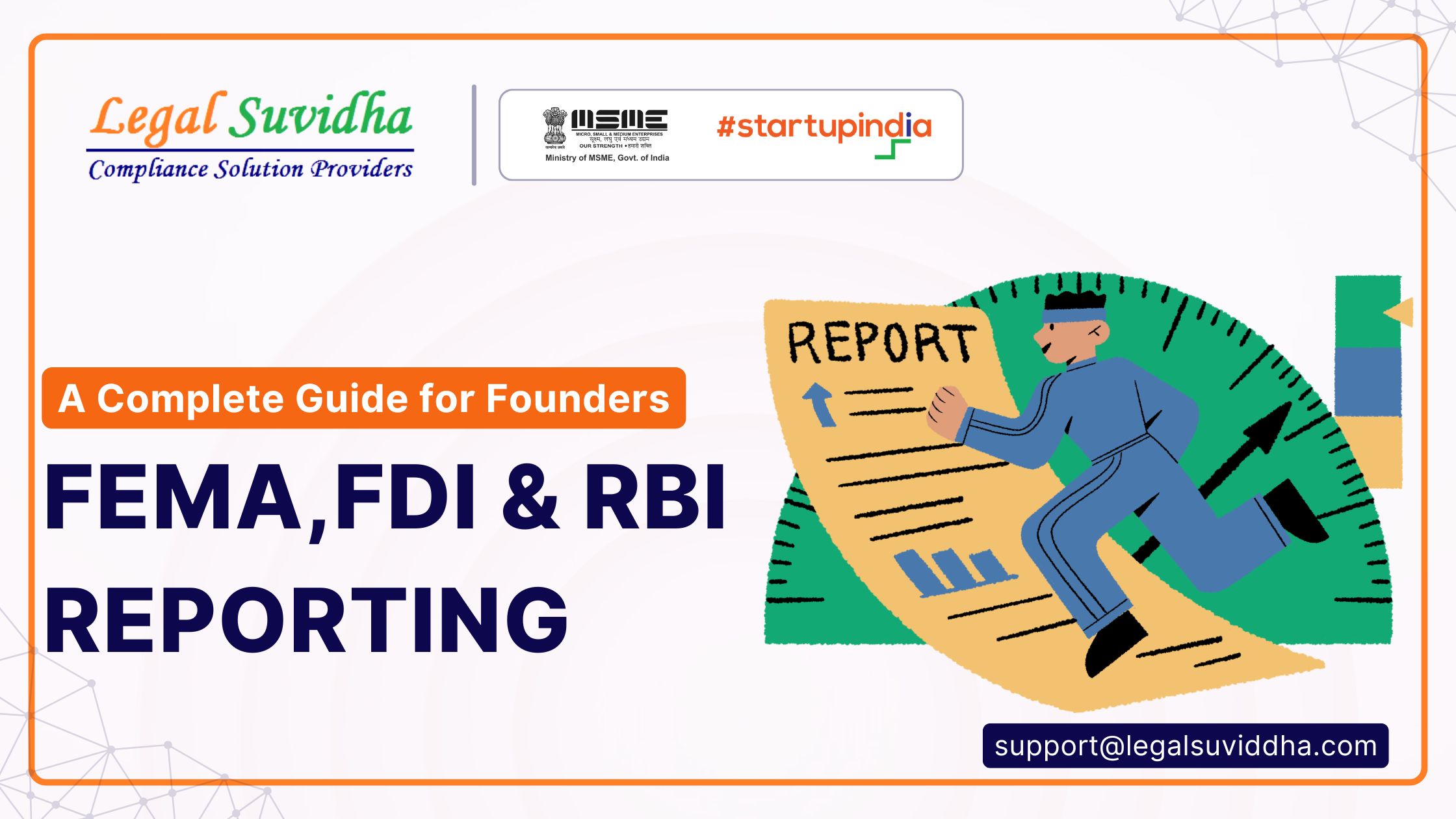GST return
GST return refers to a document that contains details of all the sales, purchases, tax collected, and tax paid under the Goods and Services Tax (GST) system. In India, GST returns are required to be filed by registered taxpayers on a monthly, quarterly, or annual basis, depending on their turnover and nature of business. The GST return filing process helps the government to keep track of tax payments and prevent tax evasion. It also enables businesses to claim input tax credit on their purchases and avoid any penalties for non-compliance.
GST Return Filing
- Compliance: Filing GST returns is a legal requirement for registered businesses under the GST regime. Non-compliance can lead to penalties and legal action.
- Input Tax Credit: Businesses can claim input tax credit on their purchases only if they have filed GST returns. Failure to file returns can result in loss of input tax credit, which can increase the cost of goods or services.
- Avoid Penalties: Late or non-filing of GST returns can result in penalties, interest, and other consequences, including cancellation of registration.
- Accuracy of Information: GST returns provide a summary of all transactions made by a business during a specified period. Accurate and timely filing of returns helps in reconciling transactions and avoids errors and discrepancies.
- Business Reputation: Filing GST returns on time and accurately can help maintain a good reputation for the business and increase customer trust.
What is GSTR-1?
GSTR-1 is a monthly or quarterly return that contains details of all outward supplies made by a taxpayer. It includes details such as the name and GSTIN of the recipient, the place of supply, the HSN code of the goods or services supplied, the taxable value, and the amount of tax charged. This return needs to be filed by the 11th of the following month, and it is mandatory for all taxpayers with a turnover of more than Rs. 1.5 crores.
What is GSTR-3B?
GSTR-3B is a monthly return that summarises the details of all inward and outward supplies made by a taxpayer. It includes details such as the total value of supplies made, the total value of supplies received, the input tax credit claimed, and the tax liability for the month. This return needs to be filed by the 20th of the following month, and it is mandatory for all taxpayers, irrespective of their turnover.
Differences between GSTR-1 and GSTR-3B:
- Frequency of Filing:
One of the main differences between GSTR-1 and GSTR-3B is the frequency of filing. GSTR-1 is filed on a monthly or quarterly basis, depending on the taxpayer’s turnover, while GSTR-3B is filed on a monthly basis.
- Details to be furnished:
GSTR-1 requires taxpayers to provide details of all outward supplies made, while GSTR-3B requires taxpayers to provide a summary of all inward and outward supplies made. In other words, while GSTR-1 requires detailed information on each supply made, GSTR-3B requires only a summary.
- Input Tax Credit:
Another important difference between GSTR-1 and GSTR-3B is the input tax credit. GSTR-1 does not require taxpayers to provide details of input tax credit claimed, while GSTR-3B requires taxpayers to provide a summary of input tax credit claimed.
- Due dates for filing:
The due dates for filing GSTR-1 and GSTR-3B are different. GSTR-1 needs to be filed by the 11th of the following month, while GSTR-3B needs to be filed by the 20th of the following month.
Conclusion:
In conclusion, understanding the difference between GSTR-1 and GSTR-3B is crucial for all GST registered persons. While GSTR-1 requires detailed information on all outward supplies made, GSTR-3B requires a summary of all inward and outward supplies made. Both returns are important and need to be filed on time to avoid penalties and interest charges. If you are a GST registered person, it is essential to have a clear understanding of these two returns and their respective due dates to comply with the GST law.
If You have any query then connect with us at [email protected] or you can contact us & stay updated with our latest blogs & articles.








